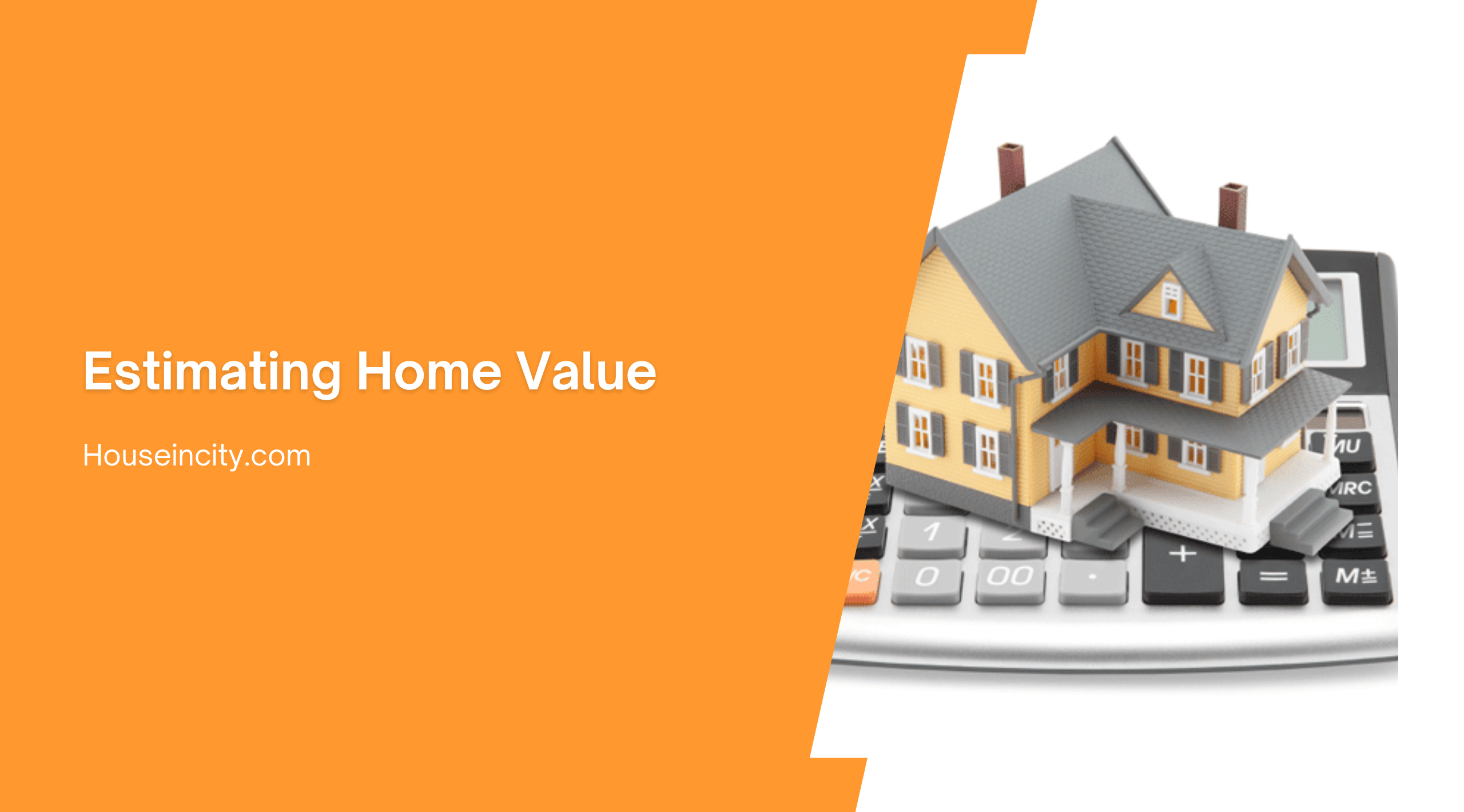Determining the value of a home potentially helps you make a more educated offer. There are different aspects to consider in making an educated evaluation. There are also many home buying guides that provide helpful information about evaluating a home. First Nationwide Lending, a Sarasota Mortgage Company, and Neighborhood Lender, a Charlotte Mortgage Company, both provide their clients with free home buying guides that better equip their clients throughout the process.
It is important to know the original value of the home. You can obtain the original purchase price from public records, the current homeowners, or realtors if the home has been sold before. Knowing the base price of the home is a good starting place when evaluating a home value to you.
Homeowners can sometimes inflate the value of their home being sold. Their perceived worth may be higher than the market value due to their desire to make money or bias of a home that is part of their memories. You, however, may not want to overpay because of the existing homeowners sentimental value.
Your evaluation may want to focus on the characteristics of the house that will remain. Important questions for you to ask include:
- What’s the square footage of the house?
- How many bedrooms are there?
- Does the home need a lot of repair work?
Your evaluation should entail walking in and around the home to view all aspects. Take into consideration the current state of the home as well as recent renovations or remodeling conducted or those that will be needed. The quality of the current status of the home as well as recent or needed improvements can potentially impact the value of the house.
You should also be aware of current and changing market conditions for the local neighborhood as well as the associated county, state and nation. Market conditions may impact potential appreciation and depreciation of the home in the short and long term. You can potentially benefit if the house or neighborhood is appreciating in value while you can potentially be adversely impacted if the house or neighborhood is depreciating in value. Depreciating value can occur in a worsening economy as well as result from issues with the neighborhood such as a lack of upkeep, an increase in crime, or other unattractive circumstances.
You should view the house you are considering and the properties around it. Your evaluation should include the value of similar homes in the area. Be aware that two similar properties in the same general area can potentially sell for two totally different prices. The two homes may differ on their history and one may be located in a more appealing part of the neighborhood. Some of your options to help obtain a better idea of home values in the areas include speaking with realtors or reviewing public records.
You could also consult a professional home appraiser who can provide more information and could potentially conduct an appraisal on the home. The appraisal may be costly, but it may also be helpful having a professional estimation for the market value of the house you are evaluating. Realtors and mortgage professionals also may be able to provide some insight into you valuation process. Both occupations have a very good understanding of the real estate market and their experience can be a valuable asset.
In all, the property is only worth what a person is willing to pay for it. Don’t be pressured into over estimating a higher price. Feel comfortable with your decision and remember that there will always be other opportunities in the future.
